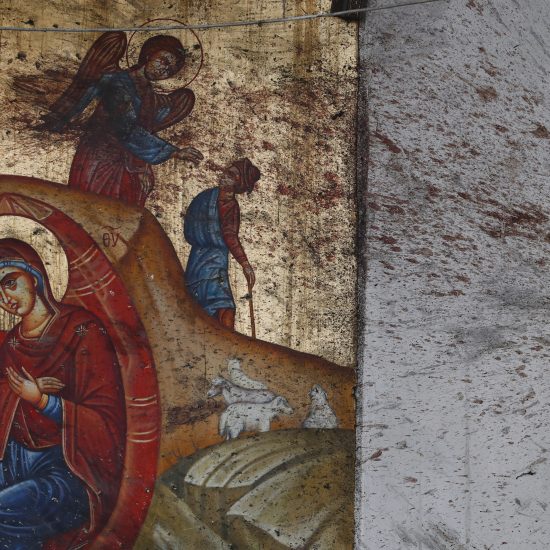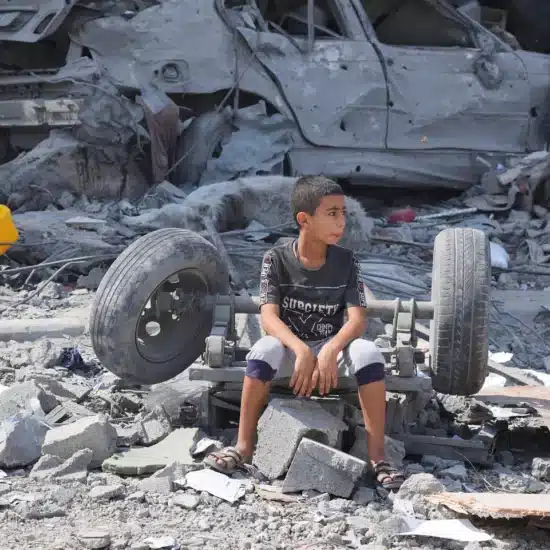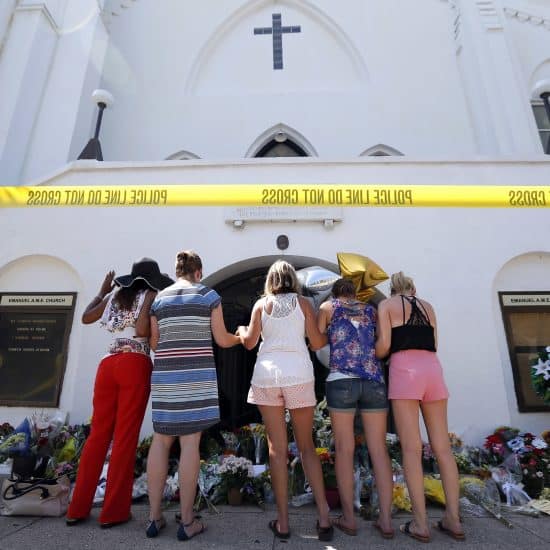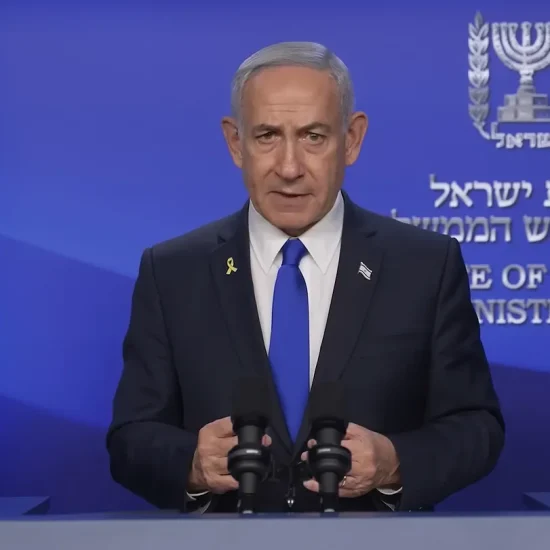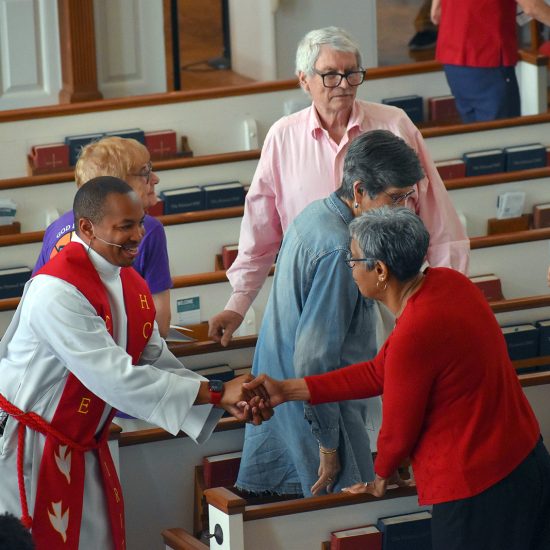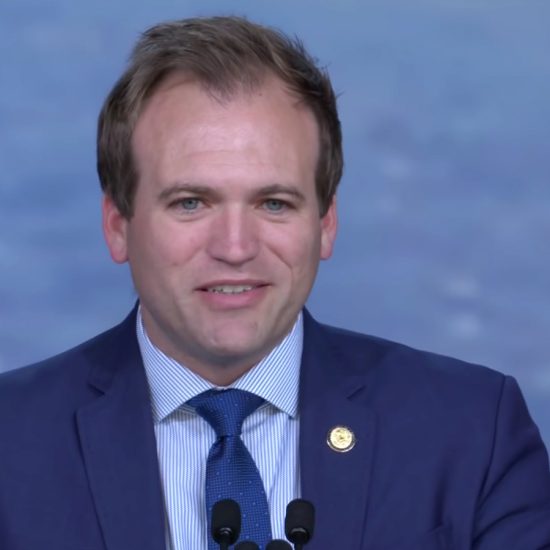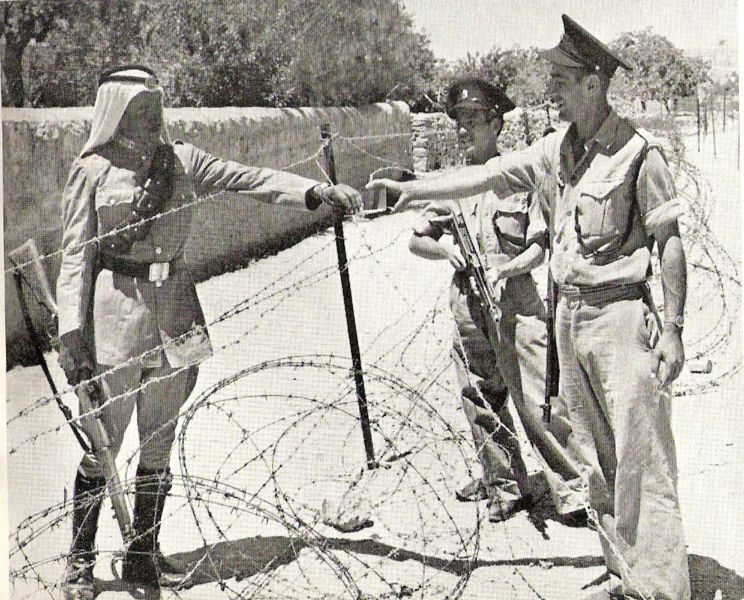
As I craft this opinion piece, I am meditating and reflecting on my visit this past Friday to the mosque in Smithfield, North Carolina. I was the only Christian present as my Muslim brothers and sisters entered into their sacred time of prayer to Allah (God), the very same deity that all of us Christians believe in.
Many of those present had friends and family in Gaza or Palestine and all denounced the barbaric acts of Hamas. Hamas is no more representative of the Muslim faith than White Supremacists are representative of the Christian faith.
I first experienced the deep roots of this conflict in the Middle East while serving as a Baptist student summer missionary in Ajloun, Jordan. This was the site of a Baptist hospital and a school of nursing where I taught English to male nursing students.
While serving in Ajloun, I traveled by automobile from Jordan across Syria and the city of Damascus on to the city of Beirut, Lebanon, where I joined the annual gathering of all Southern Baptist missionaries appointed to the Middle Eastern nations.
Today, such a journey would be most dangerous if not impossible.
At the conclusion of my service in Ajloun, I traveled to Jerusalem, a city that was partitioned/divided in half in that period of history. The east side was controlled by the Jordanians and the west side by the Israelis.
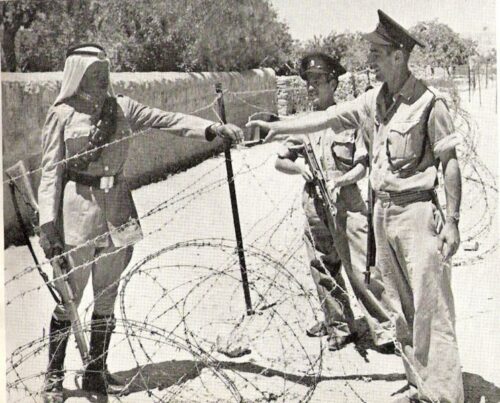
Israeli policemen meet a Jordanian legionnaire near the Mandelbaum Gate on the ceasefire line that went through Jerusalem between 1949 and June 1967.
As I wanted to visit Israel and the family of an Arab college friend, I would have to receive permission from both the Israeli and Jordanian governments to pass through the only passageway between the two hostile nations, the Mandelbaum Gate. This proved to be an experience I will never forget. The tension was thick in the air at this passage point between these two nations. Here military guards from Israel and Jordan faced each other with loaded weapons.
Once safely in Israel, I made my way by public transportation to Tel Aviv and on to Nazareth where the family of my Arab college friend lived. After several hours of travel via bus and not being able to read either Hebrew or Arabic road signs, I came to the realization that I had gone well beyond Nazareth.
I requested that the bus driver stop and he confirmed my fear. The driver instructed me to take my luggage beside the road and wait for another bus which would be coming later. “Later” … what did that mean?
Sure enough, not more than thirty minutes later, an old rickety bus lumbered up and stopped. The driver got out and spoke some English. He asked where I was going so I showed him the name and address I had taped on the top of my camera case.
His eyes widened and a big smile grew on his face. You see, he was the father of my Arab college friend. God provided a friend and a “neighbor” thousands of miles from my home. Miracles do happen!
Today, here in Johnston County, North Carolina, we host a multitude of Muslim brothers and sisters, fellow human beings, seeking refuge, seeking love and compassion, seeking good neighbors.
How often do the evangelical congregations of our area hear the words of Jesus proclaimed as given in Matthew 25:35, “For I was hungry and you gave me something to eat, I was thirsty and you gave me something to drink, I was a stranger and you invited me in”?
Remember the poor fellow in the New Testament story who fell among thieves and was wounded and left in a ditch to die? The religious elite could not be bothered with such a man while the lowly Samaritan, the lowest of society was the one who showed God’s love and compassion.
Jesus exempted no race, religion, or lifestyle from such grace and compassion. Neither should we who call ourselves followers of this Jesus.
Edward “Ned” Walsh is a retired Baptist denominational worker.

